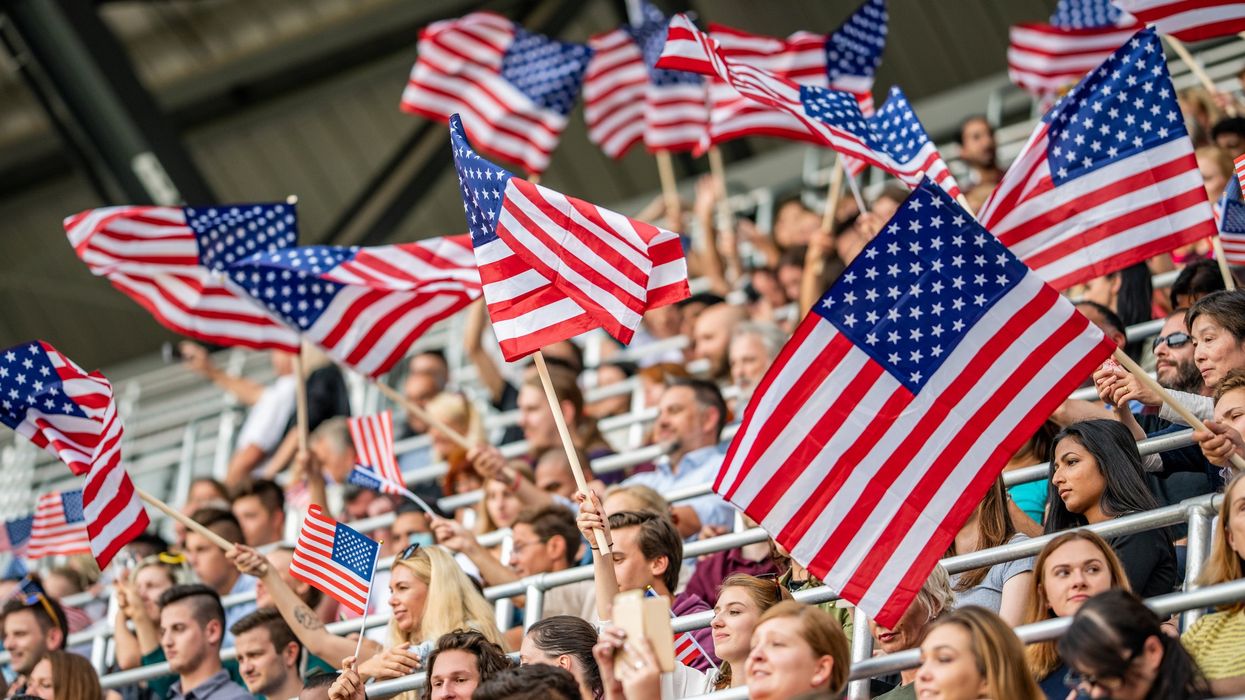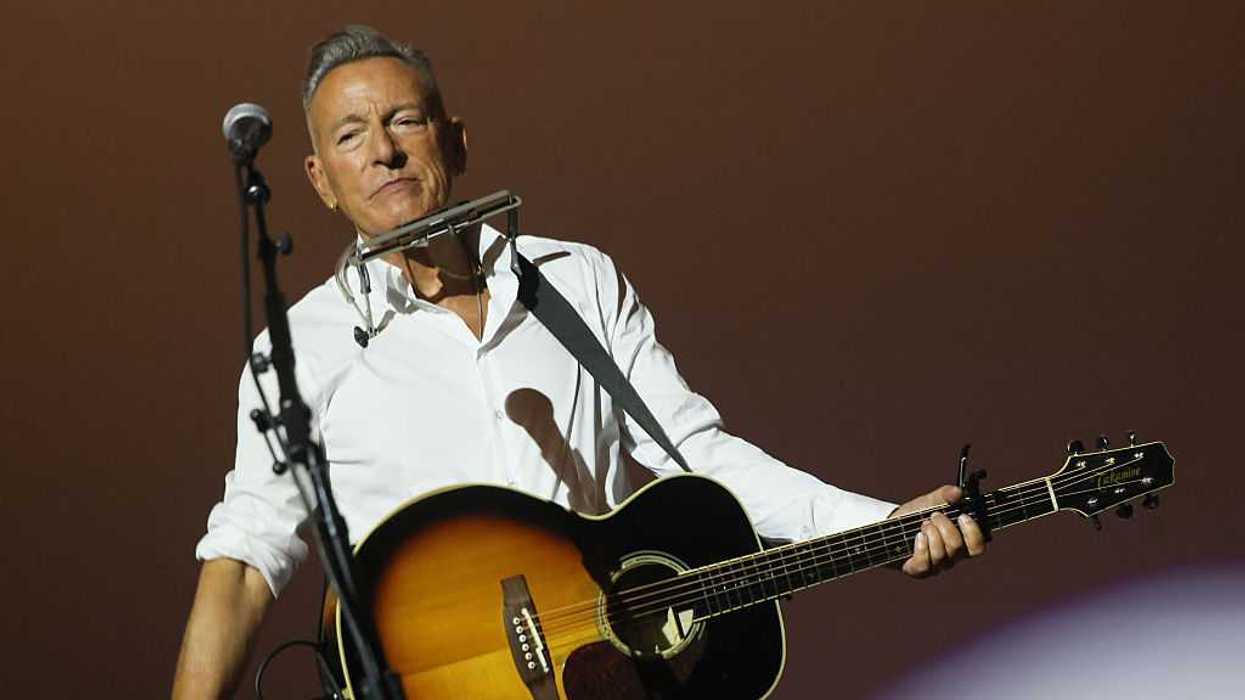By now, you've seen the highlight reels: Christian Pulisic juking defenders like he's dodging TSA agents at JFK. Coco Gauff digging deep, her serve as fierce as her post-match interviews. The U.S. Women's National Team is still fighting for greater pay and respect, even after collecting more World Cup trophies than the men's team has, and still has excuses. It's another summer of global competition, and Team USA is, as always, performing for an audience of millions—many of whom only care about soccer every four years but will die on the hill that "we invented sportsmanship."
Welcome to the American sports paradox, where patriotism is a jersey worn as needed. We drape ourselves in flags when we win and drape our failures in "well, it's not our real sport anyway" when we lose. We're a nation obsessed with winning but allergic to the humility that comes with actually playing the world's games on the world's terms.
Take the Copa América. The U.S. men's team, fresh off a generational "rebuild," finds itself in a tournament with actual soccer countries—places where kids dribble on cracked pavement and worship at the altar of Diego Maradona, not Tom Brady. The U.S. team is scrappy, fast, and, if we're honest, still a little out of its league. The narrative, of course, is "growth," "promise," and "the beautiful game, American-style." Translation: we'll keep hosting tournaments and selling tickets, but don't hold your breath for a miracle on the pitch.
Our U.S. soccer experiment is the ultimate in cultural cosplay. We show up to international matches with chants, face paint, and an unwavering belief that our grit will overcome generations of technical skill. When it doesn't, we pivot, like only Americans can. "It's about the journey." "We're building something." Or my personal favorite: "Imagine if our best athletes played soccer!" (As if LeBron would trade his max contract for a life getting kicked in the shins in the Bundesliga.)
Then there's Wimbledon, where the lawns are immaculate, the strawberries overpriced, and American tennis is still searching for the Next Big Thing. Coco Gauff is a revelation—part prodigy, part prophet—carrying the torch through a landscape where the Williams sisters once reigned. Yet, the American tennis pipeline is more a drought than a deluge. We send over our best, they battle, and sometimes they win, but the days of American dominance are a sepia-toned memory trotted out by broadcasters like family vacation slides.
Wimbledon's polite, global crowd is a reminder: our sports heroes are ambassadors, willingly or not. Their victories are diplomatic notes; their losses are cautionary tales. We expect our athletes to play, protest, and perform patriotism with equal dexterity. And when they do—see the U.S. Women's National Team kneeling, speaking, and winning—we either lionize or demonize them, depending on how well their activism aligns with the storyline we prefer.
Sports is the last acceptable proxy war. Thus, this great American contradiction: we want our athletes to embody the best of us, but we're not always sure what that means. On the world stage, sports become the last acceptable proxy war—flags, anthems, and medal counts standing in for real diplomacy. Our national teams are avatars for pride but also lightning rods for every anxiety we have about our place in the world. Losing to Germany isn't just losing to Germany; it's an existential referendum on the American project.
And the spectacle is addictive. When Megan Rapinoe scores, it's a win for progressives. When she kneels, it's a Fox News segment. When LeBron James speaks about China, we suddenly remember that our athletes are also businessmen and that nationalism, in the end, is always for sale.
International sport could be a chance to recalibrate what national pride means—less about dominance and more about connection. But that would require a humility that doesn't fit well with our TV contracts. We want to win, we want to be loved, and we want to believe that our way of doing things is the way. When the rest of the world doesn't cooperate—when Spain's midfield out passes us, when a Jamaican sprinter leaves us in the dust—we're left with two choices: blame the system or learn something.
So, will the U.S. ever truly embrace the spirit of international sport? If we stop treating it like a showcase and start treating it like a conversation. Our athletes are more than billboards; they're bridges, whether we like it or not.
But for now, I'll keep watching. Not because I expect an American miracle, but because now and then, we get it right: a moment of grace, a flash of brilliance, a reminder that sport, at its best, is about more than flags and anthems. It's about showing up, playing hard, and—win or lose—having the guts to keep coming back.
That is a kind of American exceptionalism I believe in.
Rev. Dr. F. Willis Johnson is a spiritual entrepreneur, author, scholar-practioner whose leadership and strategies around social and racial justice issues are nationally recognized and applied.



















